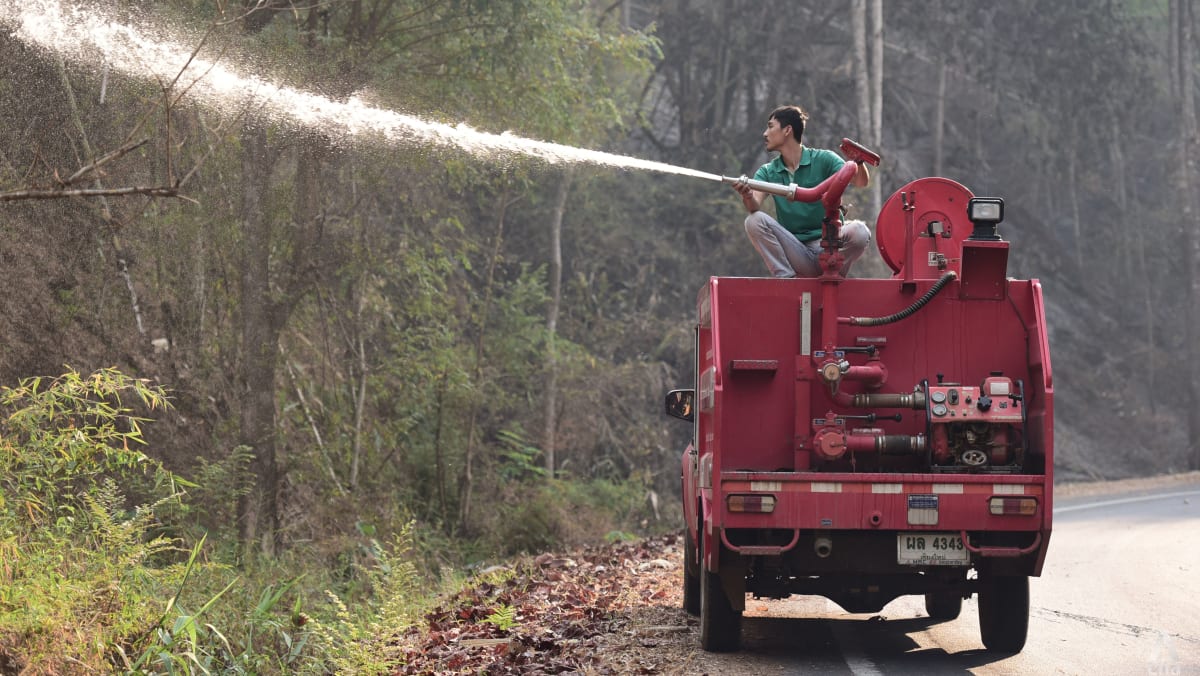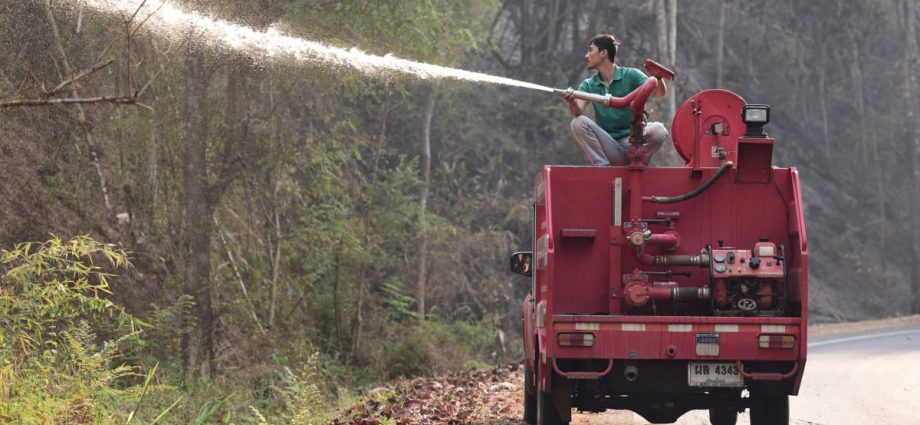
BANGKOK: Thailand’s popular tourist destination Chiang Mai was shrouded in unhealthy air on Thursday (Mar 9), with its air quality ranked second worst in the world.
At 12pm, Chiang Mai’s Air Quality Index (AQI) reading in Chang Phueak subdistrict was recorded at 187 – an unhealthy level – according to the Air Quality and Noise Management Bureau of Thailand’s Pollution Control Department.
The public was advised to monitor their health as well as reduce outdoor activities if they experience difficulty breathing, eye irritation or coughing.
“At-risk individuals should avoid strenuous physical activity, particularly outdoors, and consult doctors if symptoms worsen,” said the Air Quality and Noise Management Bureau.
At midday, Chiang Mai’s air pollution was the second worst in the world on IQAir – a technology partner of the United Nations Environmental Programme. IQAir’s city pollution rankings compare 95 global cities worldwide with measured PM2.5 data.
“PM2.5 concentration in Chiang Mai is currently 23.9 times the WHO annual air quality guideline value,” said IQAir on its website.
PM2.5 is one of the deadliest forms of air pollution – tiny particles with a diameter of less than 2.5 micrometres or about 3 per cent the diameter of a human hair.
This means they can penetrate deep inside the lungs, where they either remain for long periods or pass into the bloodstream unfiltered.
Long-term exposure to these particles can result in cardiovascular and respiratory diseases, and cancers.
Residents in Chiang Mai and other northern Thai provinces have been reeling from poor air quality for more than a week.
The Environmental and Pollution Control Office 1 (Chiang Mai) reported 46 hotspots in the province on Wednesday, with 35 of them located in forest areas. Eighty-one other hotspots were also reported in Chiang Rai, Lamphun and Mae Hong Son.
On Tuesday, Chiang Mai governor Nirat Pongsitthavorn ordered various provincial work units to reduce the impact of air pollution on public health, including distributing face masks capable of filtering out PM2.5 and setting up roadside emission check-points to limit black exhaust fumes.

